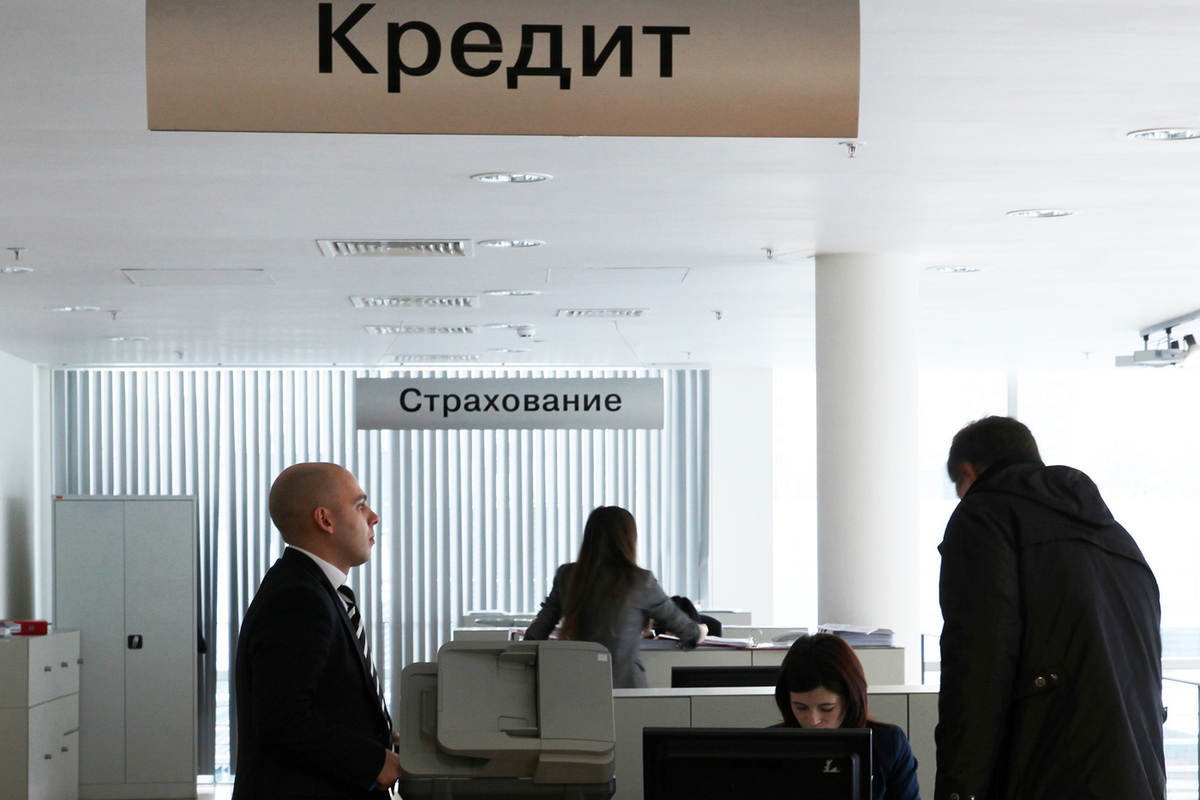It was decided to exempt SVO participants from interest on loans
[ad_1]

Military personnel will have to repay only the principal amount of the debt, and the rest will be contributed by banks and the state treasury.
The Ministry of Finance of the Russian Federation proposed to exempt SVO participants from paying interest on consumer loans. The government approved this bill on February 26. The document assumes that military personnel will pay only the main part of the debt, and the remaining costs will equally fall on the shoulders of financial organizations and the budget. State treasury expenses for the implementation of this initiative will amount to 5.7 billion rubles.
After the bill put forward by the Ministry of Finance has been approved by the Cabinet of Ministers, it must be submitted to the State Duma for consideration. The department of Anton Siluanov proposed removing from the military personnel participating in the SVO the obligation to pay interest on consumer loans after the end of the credit holiday. Let us remind you that from October 7, 2022, participants in the special operation and members of their families have the right to apply for a credit holiday, during which they will be exempt from making loan payments, and penalties and fines will not be assessed. This grace period is valid for the entire time of participation in a special operation for mobilization or for the duration of the contract, and if the serviceman was injured, then also for the entire time he was in the hospital and plus another 30 days after discharge from it. During this time, interest is added to the total loan amount in the amount of two-thirds of the average market amount of the total cost of the loan, which is regularly set by the Central Bank of the Russian Federation (as of February 26, this is 17.6–18.6%). At the end of the loan holiday, the serviceman will have to repay this amount along with the remainder of the loan.
So, now the Ministry of Finance proposes to exempt the participants of the special operation from paying interest on consumer loans after the end of the credit holiday. And if by the time the law comes into force the borrower has already paid interest during the grace period, then the bank will have to redirect these funds to repay the principal debt. If the loan is fully repaid, then the reimbursement must be applied to other loans of the military personnel participating in the SVO. The document also provides for 50% compensation to banks for lost income, for which it is planned to allocate about 5.7 billion rubles from the budget.
According to the estimates of the arbitration manager and bankruptcy expert Alexander Tkachenko, about 85% of SVO participants have various types of loans, including consumer loans, so the Ministry of Finance’s proposal can be considered very timely. For example, the case of a SVO participant who had a loan from a state bank, but they did not know that the man was taking part in hostilities. As a result, the borrower fell into arrears, his debt began to grow, he was charged penalties, and then the bank decided to file for bankruptcy of the client. The serviceman needed time off to understand the situation. So the advantages of this proposal are obvious: the state supports military service units, and military personnel do not increase unreasonable debts, the expert noted.
However, the initiative also has risks. Thus, according to Oksana Karpenko, associate professor of the Faculty of Economics of RUDN University, the bill may have a negative impact on the credit market as a whole, leading to an increase in debt in the long term and the formation of a frivolous attitude towards the process of obtaining loans. According to Associate Professor of the Department of Global Financial Markets and Fintech of the Russian Economic University. Plekhanov Tatyana Belyanchikova, three problem areas can be identified in the Ministry of Finance’s proposal. Firstly, the document has retroactive effect, that is, banks are asked to make payments in the amount of deferred debt of borrowers of this category on consumer loans for the past one and a half years of credit holidays for SVO participants. This means that credit institutions will need to recalculate economic standards for the specified period, as well as their financial results.
Secondly, such a loan restructuring automatically transfers these loans to a lower quality category with the corresponding additional creation of reserves for possible loan losses (at the expense of banks’ profits), so fine-tuning of the Bank of Russia’s regulations in this regard will be necessary.
Thirdly, if we look into the future, the issuance of new loans to SBO participants, as well as to persons who potentially have every chance of becoming such, may be slowed down: a number of banks will not want to place paid resources (funds attracted to deposits and deposits) at a low rate . In this situation, the main advantage is ensuring that the state receives half of the interest on consumer loans, which in the current conditions may be attractive for a number of large credit institutions, the expert pointed out.
[ad_2]
Source link






